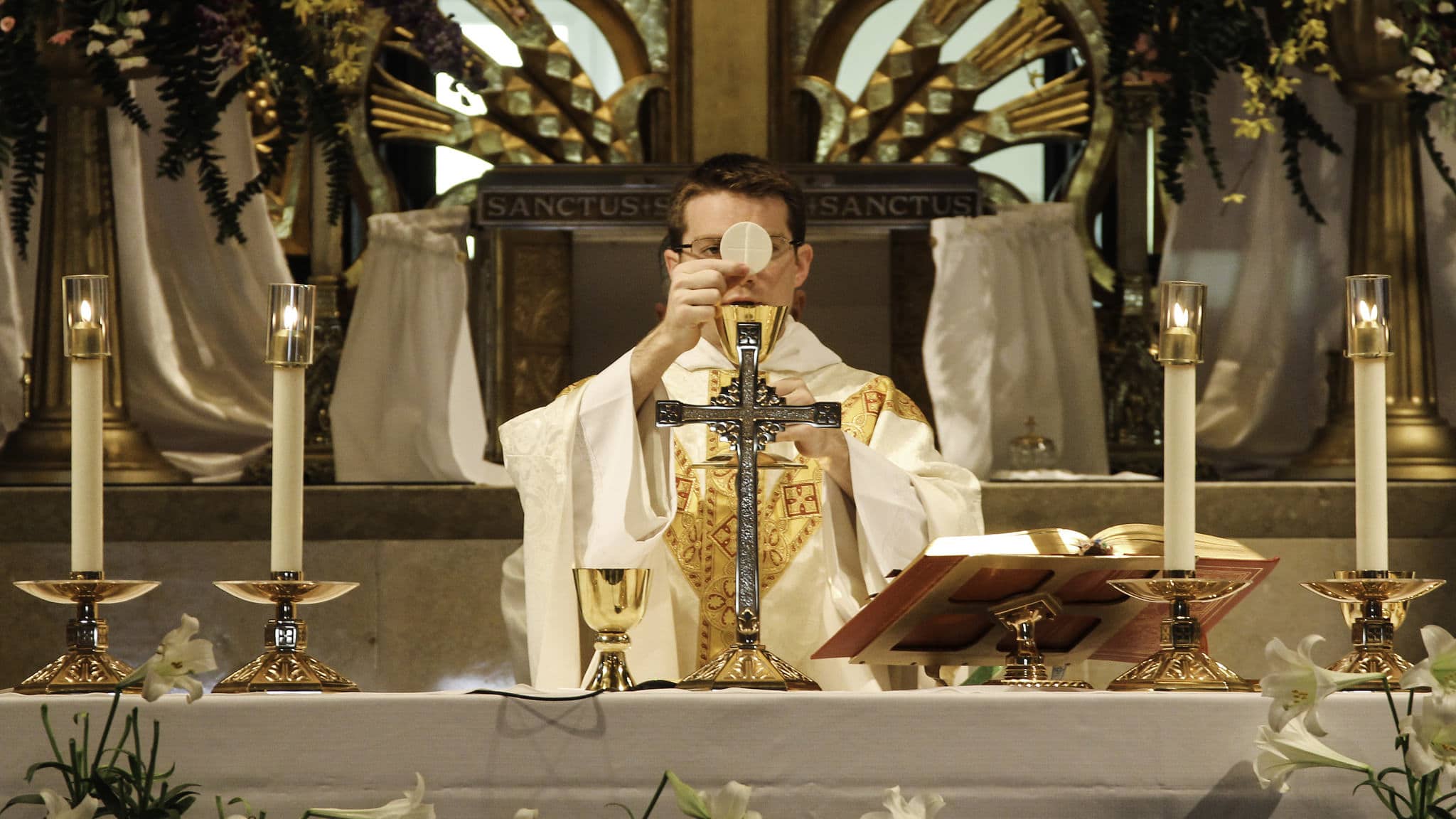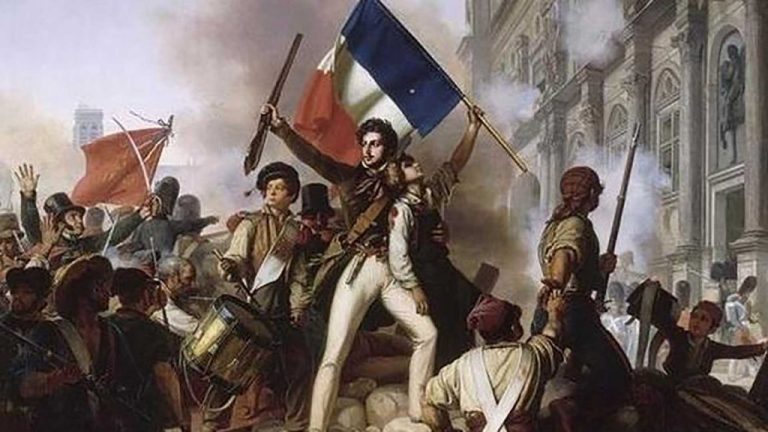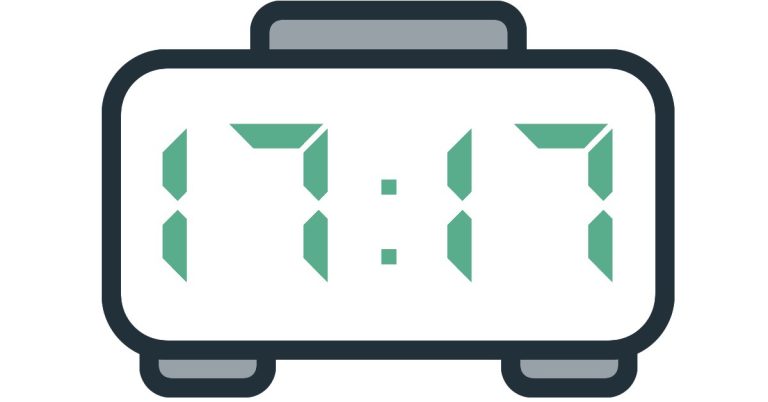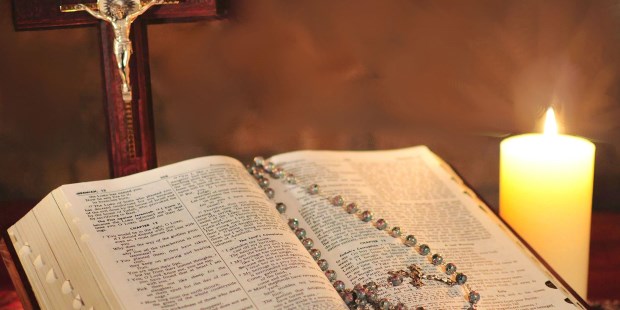Norms in force for Catholic Masses of obligation
Those parties and celebrations to which the Catholic faithful have the obligation to attend, are known as precept masses.
If you want to know what these celebrations are, be sure to read this article.
Masses of obligation
The precept mass is that celebration or party where the Catholic Christian faithful have the commitment to participate, since not doing so is considered a serious offense, except for those who present conditions that prevent them from attending, in this case serious illnesses.
The commandments of the law of God, specifically the third, indicate that we must sanctify the feasts:
Remember the Sabbath day to keep it holy. Six days you will work, and you will do all your work; but the seventh day is rest for the Lord your God; do no work on it, you, or your son, or your daughter, or your servant, or your maid, or your beast, or your foreigner who is within your gates.
For in six days the Lord made the heavens and the earth, the sea, and all that is in them, and rested on the seventh day; therefore Jehovah blessed the Sabbath day and made it holy. (Exodus 20, 8-11)
In addition, the first commandment of Holy Church tells us:
Hear full Mass every Sunday and holy days (CIC, 1247).
The precept masses are the celebrations to which the first commandment of the Catholic Church that was mentioned previously alludes.
They are parties and celebrations that do not occur on a Sunday, since this is the day of the week that must be observed for all Catholics, that is, they are masses of obligation.
Masses of obligation are of a universal nature, when they are established by the Church for Catholics throughout the world and there are masses of obligation that govern in a certain nation, depending on their particular celebrations.
On holy days of obligation you must attend mass and avoid forced labor.
There are ten festivals that must be sanctified at the universal level, according to the Catholic Church:
1 – Christmas: December 25.
2 – Circumcision or Holy Mary Mother of God: January 1.
3 – Epiphany: January 6.
4 – San Jose: March 19.
5 – Ascension Thursday: It is celebrated forty days after Easter Sunday.
6 – Thursday of the Feast of the Blessed Sacrament or Corpus Christi: Thursday following the Sunday of the Holy Trinity.
7 – Feast of Saints Peter and Paul: June 29.
8 – Assumption of Our Lady: August 15th.
9 -All Saints’ Day: November 1.
10- Immaculate Conception: December 8.
These precept masses, which have a universal character, are established in the Code of Canon Law.
In each nation, a minimum of four holidays must be established that are not celebrated on a Sunday and indicated as a day of obligation, according to the wishes of Pope John Paul II, these being set by the Episcopal Conference of each country.
Some examples are:
Spain: October 12 to celebrate Our Lady of Pilar
El Salvador: on August 06 the Transfiguration of the Lord.
Mexico: Masses of obligation in Mexico are on December 12 for Our Lady of Guadalupe, May 24 the Ascension of the Lord.
Argentina: May 8 the Solemnity of Our Lady of Luján.







